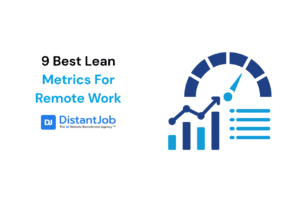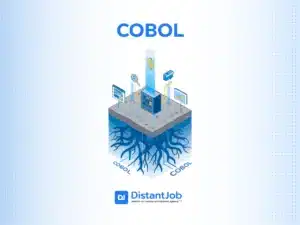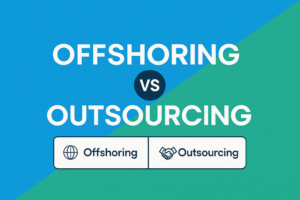Hiring remote workers means you literally have a world of great candidates at your fingertips. And DistantJob can certainly help you find the best talents, learn more here.
But a much bigger candidate pool can make work less efficient. You spend a long time rummaging through an extensive talent list. And spend less time with the right candidates. That’s a strategic business fail.
No wonder so many IT hires end in disaster.
AI and machine learning tools are the best way to solve this age-old HR problem. In the same way that Netflix seems to read our minds with their recommendations…AI tools are capable of knowing exactly what we are looking for in our ideal job candidates.
From assessment tools that determine technical and cultural fit to video interviews, AI is removing geographic distances in a company’s search for the right candidate.
Which HR Tasks Are AI and Machine Learning Tools Better At
Short answer: repetitive tasks that require sorting through loads of data.
In other words, all the nightmarish tasks that eat up your time are perfect for relegating to intelligent tools. Such as:
- Sourcing and screening resumes – how is that different from a Boolean search? Thanks to machine learning, AI tools know your preferences based on past hires. Resulting in a much appropriate candidate list.
- Finding data, not on a candidate’s profile – AI tools can search the dusty corners of the internet to give you a more holistic view of your candidates.
- Removing subconscious bias – which is near impossible with humans. Good AI tools have in-built parameters that remove biases.
- Creating a culturally diverse workforce – AI is invaluable in finding great candidates, no matter where they are from.
- Rinse-and-repeat automated tasks – sending texts and emails, dialing phone numbers and scheduling interviews, answering candidate questions…AI auto-dialers, auto-texters, chatbots can handle all this.
- Perceptive video interviews – powered by AI, you can analyze speech patterns, word choices, and facial expressions to determine better fit amongst your prospective candidates.
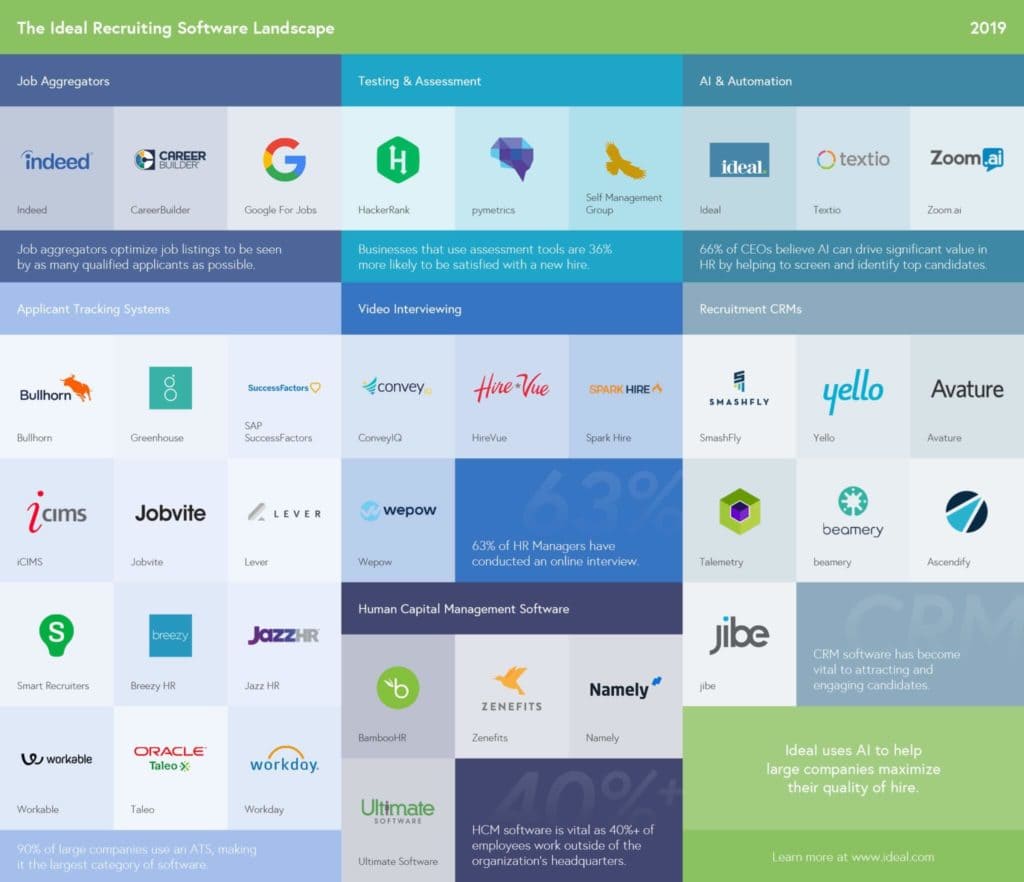
Behind the Magic of AI Recruitment Tools
It’s uncanny how Spotify knows to add Nina Simone to my playlist and never adds Justin Bieber – even though I never explicitly chose or forbade these artists. AI magic.
But what’s behind it?
A few cool things AI knows to do, like:
Predictive Analytics
Especially when your candidate lives far away, predictive analytics is a blessing for remote recruitment. Leveraging both your previous hires and the prospective employee’s profiles, AI can determine how successful they’ll be in your company.
Sentiment Analysis
Sentiment analysis helps AI tools determine subjective opinions and emotional effects from written words. In remote recruitment that can translate to bias-free job descriptions that’ll attract better candidates.
Machine Learning
Machine learning is AI’s ability to learn from the data it has access to, such as previous occurrences or choices. This means an AI tool has the potential to find you one absolutely perfect candidate, no matter where they live.
Natural Language Processing and Generation
AI tools can understand natural (human) languages. Cooler still, it can write like humans. Thanks to NLP, AI applications, like chatbots, can convert English text into structured data. And using NLG, convert the answer from structured language to natural language that the human reader can understand.
Artificial Intelligence Tools that are perfect for Remote Recruiting
From recruitment assistant to candidate sourcing, there’s already a flurry of AI tools in the market.
- Arya – sources candidates from the internet and schedules interviews
- GoHire – pre-screens candidates with pre-assessment tests
- JobPal – chatbot that specializes in answering candidate questions
- Pomato – specializes in sourcing IT candidates and deep dives into their profiles
- Textio – writes bias-free texts, like job descriptions
- Watson by IBM – offers analytics especially related to compensation and attrition
- HIQ Labs – helps fine-tune HR management with the help of machine learning and deep learning
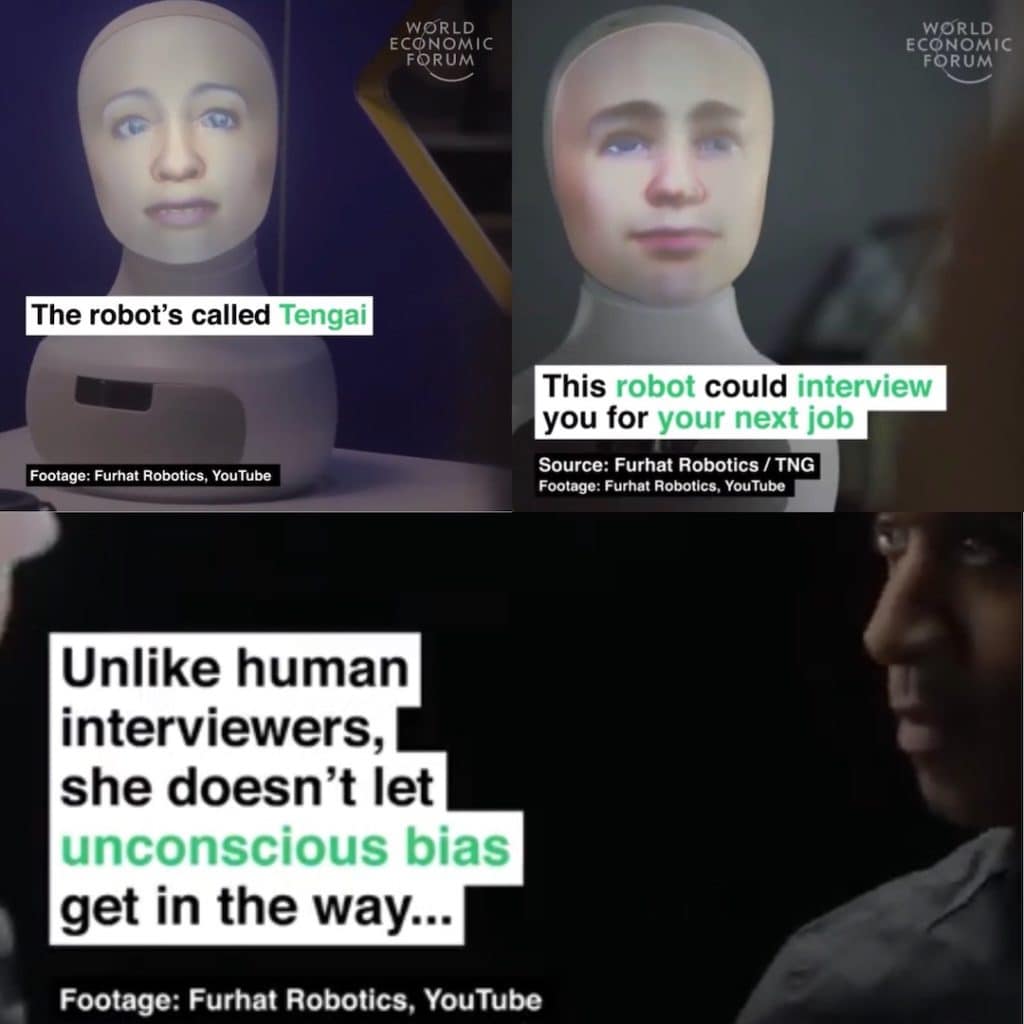
Can AI Tools Replace DistantJob
Nuuuuuhhh!
If you will, think of AI as a giant monster guarding a cave full of treasures. You feed it data (lots) and it lets you enter the cave. But you can retrieve only a few treasures at a time. And their value depends on the kind of data you fed it in the first place.
The problem is despite its abundance, no one has an infinite supply of (quality) data. Especially when it comes to a finite task like hiring an AI engineer for a position. So, let’s say you’re using an Applicant Tracking System (ATS) in conjunction with your AI tool. The database of the ATS may be robust. But it still doesn’t mean all the candidates are qualified for the role.
And the AI tool will need several thousand qualified resumes to determine what sort of candidate you’d prefer.
That makes AI tools limited to the primary source of data while requiring a lot of appropriate data to make the correct candidate selections.
But it’s not the size, as they say, it’s the quality. DistantJob doesn’t just have a database; we have a network! As soon as we
There is another shortcoming machine learning encounters. Any computer scientist will tell you that there’s no such thing as a true random number generator on a deterministic machine. The random numbers are generated using a seed list the machine was fed initially. Thus, following a pattern.
Apply that to machine learning and you’ll see that over time, AI tools are capable of picking up on subconscious biases and using them as patterns to determine results. (Example, you’ve hired several employees whose resumes included the word collaborated. The tool will learn to show results that use that word.)
Exactly what you were trying to avoid in the first place. It’s a catch-22 that’s going to be more evident to human beings who can then correct the mistake.
That’s why remote recruiters aren’t going anywhere.
What Does the Human and Artificial Intelligence Crossover Look Like
“Augmented Intelligence, rather than totally replacing people at work will be used to make them more effective. I think this may be the best use of AI for HR.”
HR consultant Michael Haberman
AI tools are just that – tools. And since the Stone Age, humans have been using them to improve their lives.
No AI tool is expected to replace any HR managers (at least, yet). But these tools will definitely hone their capabilities. Make recruiting more efficient. And allow HR managers to spend more time engaging with the right candidates than sorting through unqualified ones.
The research firm, Forrester says that by 2020 “businesses that are using artificial intelligence (AI) and machine learning technology will gain $1.2 trillion annually from their market base.”
Just like Alexa or Siri is in our lives now, HR recruitment tools will be an indelible part of the remote recruitment process. But for your immediate needs, contact us.


